Navigating the World: A Comprehensive Guide to Map and GPS Locators
Related Articles: Navigating the World: A Comprehensive Guide to Map and GPS Locators
Introduction
With great pleasure, we will explore the intriguing topic related to Navigating the World: A Comprehensive Guide to Map and GPS Locators. Let’s weave interesting information and offer fresh perspectives to the readers.
Table of Content
Navigating the World: A Comprehensive Guide to Map and GPS Locators
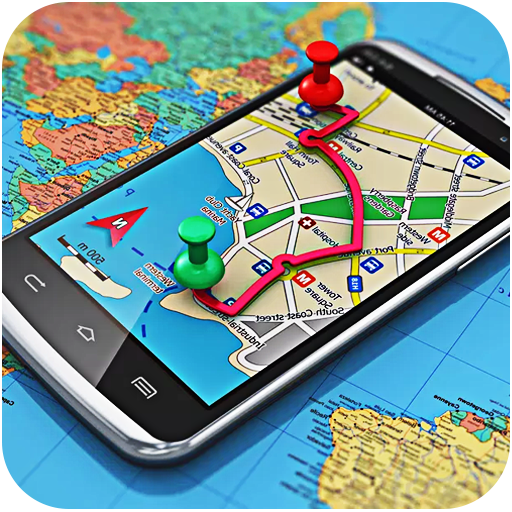
In the modern world, where mobility and connectivity reign supreme, the ability to navigate effectively is paramount. This is where map and GPS locators, often referred to simply as GPS devices, come into play. These ubiquitous tools have revolutionized the way we travel, explore, and interact with our surroundings. This article delves into the intricacies of map and GPS locators, exploring their functionality, benefits, and applications in various aspects of our lives.
Understanding the Fundamentals:
At its core, a GPS locator relies on a network of satellites orbiting Earth. These satellites continuously transmit radio signals containing precise time and location data. A GPS receiver, typically integrated into smartphones, dedicated devices, or even cars, picks up these signals and uses triangulation to calculate its own position. This position data is then combined with digital maps, creating a comprehensive navigational system that guides users to their desired destinations.
Components of a GPS Locator:
- GPS Receiver: This component receives signals from GPS satellites, capturing the time and location information.
- Processor: The processor analyzes the received data, calculating the device’s position through triangulation.
- Map Database: A comprehensive digital map database provides visual representations of roads, landmarks, and other geographical features, allowing users to visualize their surroundings.
- Display: The display, typically a screen, presents the map, navigation instructions, and other relevant information to the user.
- User Interface: This interface allows users to interact with the device, input destinations, view route options, and adjust settings.
Benefits of Using Map and GPS Locators:
- Enhanced Navigation: GPS locators provide turn-by-turn directions, guiding users along the most efficient routes, minimizing travel time and reducing the risk of getting lost.
- Increased Safety: Knowing your exact location and having access to real-time traffic information can significantly enhance safety, especially during unfamiliar journeys or emergencies.
- Improved Efficiency: By optimizing routes and providing real-time updates on traffic conditions, GPS locators help users save time and fuel, maximizing efficiency.
- Exploration and Discovery: GPS devices allow users to explore new areas with ease, discovering hidden gems and exploring off-the-beaten-path destinations.
- Personal and Business Applications: The use of GPS locators extends beyond personal navigation, encompassing diverse applications in fields like logistics, fleet management, emergency services, and asset tracking.
Types of Map and GPS Locators:
- Smartphone Apps: Numerous free and paid GPS navigation apps are available for smartphones, offering a convenient and readily accessible solution.
- Dedicated GPS Devices: These stand-alone devices, often featuring larger displays and more robust functionality, are popular for car navigation and outdoor activities.
- In-Car Navigation Systems: Many modern cars come equipped with integrated GPS navigation systems, providing seamless integration with the vehicle’s dashboard and entertainment system.
- Wearable GPS Trackers: These devices, often worn as watches or fitness trackers, can track users’ locations, providing valuable information for fitness enthusiasts and outdoor adventurers.
FAQs About Map and GPS Locators:
Q: How accurate are GPS locators?
A: The accuracy of GPS locators can vary depending on factors like satellite signal strength, atmospheric conditions, and the quality of the device. However, modern GPS devices typically achieve accuracies within a few meters.
Q: Do GPS locators require an internet connection?
A: While most GPS navigation apps require an internet connection for features like traffic updates and point-of-interest information, the core GPS functionality, which relies on satellite signals, does not require an internet connection.
Q: Are there any safety concerns associated with GPS locators?
A: While GPS locators offer significant safety benefits, it’s essential to be aware of potential privacy concerns. Sharing your location data with apps or devices could raise privacy issues. It’s crucial to choose reputable apps and devices and carefully review their privacy policies.
Q: How can I improve the accuracy of my GPS locator?
A: Ensure your device has a clear view of the sky, avoiding obstructions like buildings or trees. Keep your GPS receiver up-to-date with the latest software and firmware. Consider using external antennas for improved signal reception in challenging environments.
Tips for Using Map and GPS Locators:
- Plan your route in advance: Before embarking on a journey, input your destination and review the proposed route, ensuring it aligns with your preferences and avoids any known road closures or construction.
- Check for traffic updates: Stay informed about real-time traffic conditions, enabling you to adjust your route accordingly and avoid potential delays.
- Save frequently used destinations: Store your home, work, and other frequently visited locations for quick and easy access.
- Use offline maps: Download maps for offline use, ensuring you have access to navigation even in areas with limited or no internet connectivity.
- Be aware of your surroundings: While GPS locators are valuable tools, they should not replace common sense and awareness. Pay attention to your surroundings and be cautious when navigating unfamiliar areas.
Conclusion:
Map and GPS locators have become indispensable tools in our modern lives, revolutionizing the way we navigate and interact with our surroundings. From providing turn-by-turn directions to enhancing safety and improving efficiency, these devices offer numerous benefits for individuals, businesses, and communities alike. As technology continues to advance, map and GPS locators will undoubtedly play an even more prominent role in shaping our future, enabling us to explore, connect, and navigate the world with greater ease and precision.
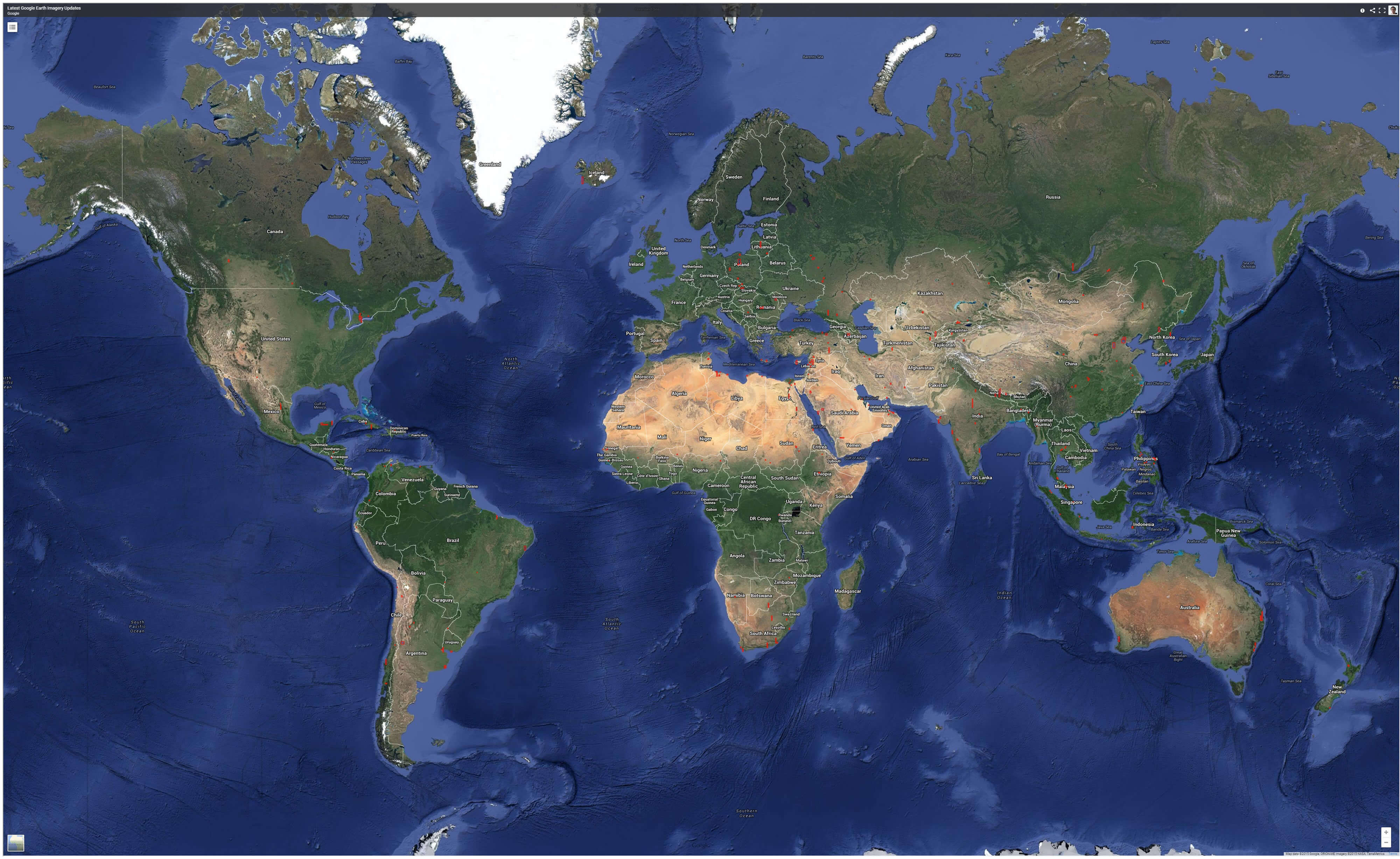
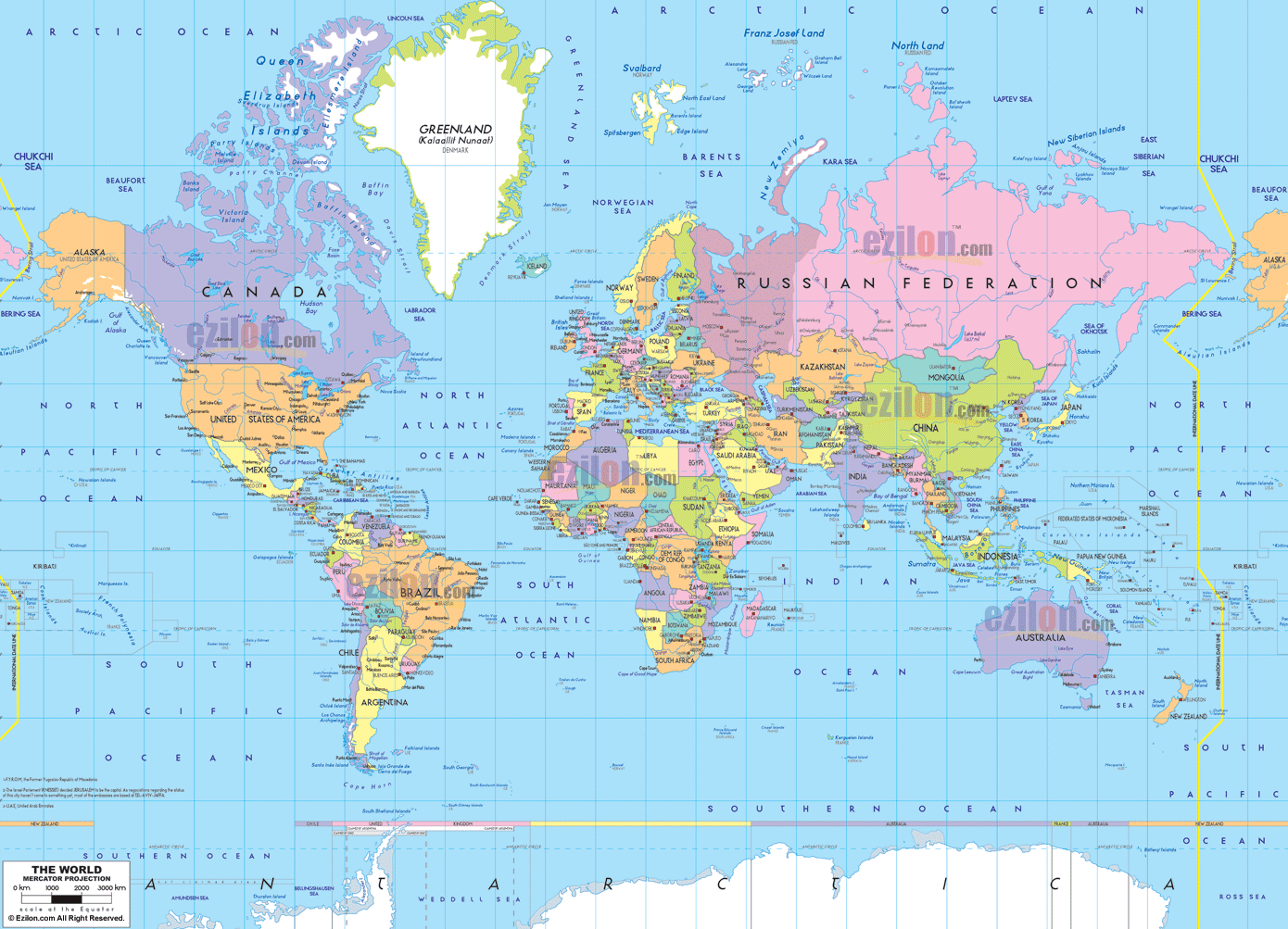

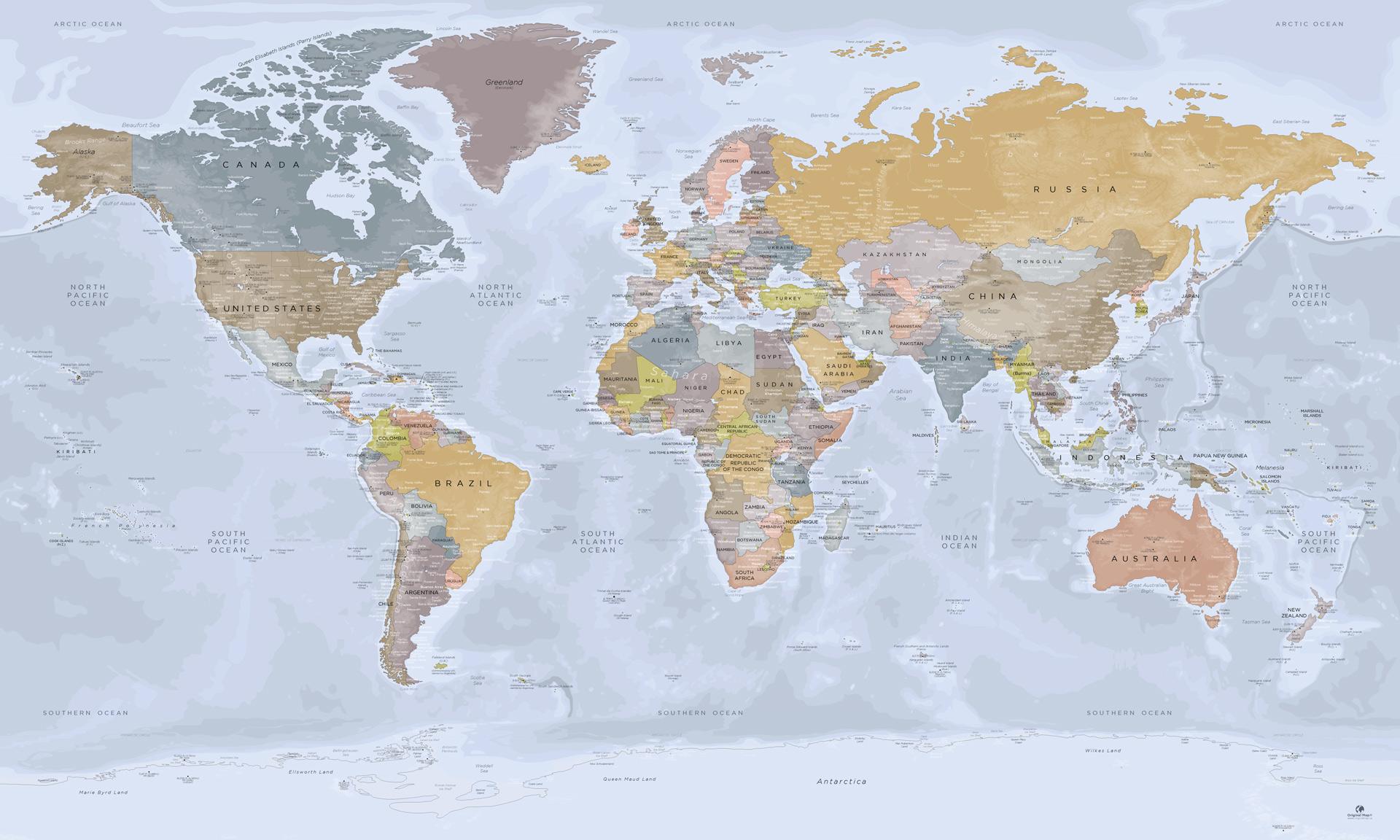

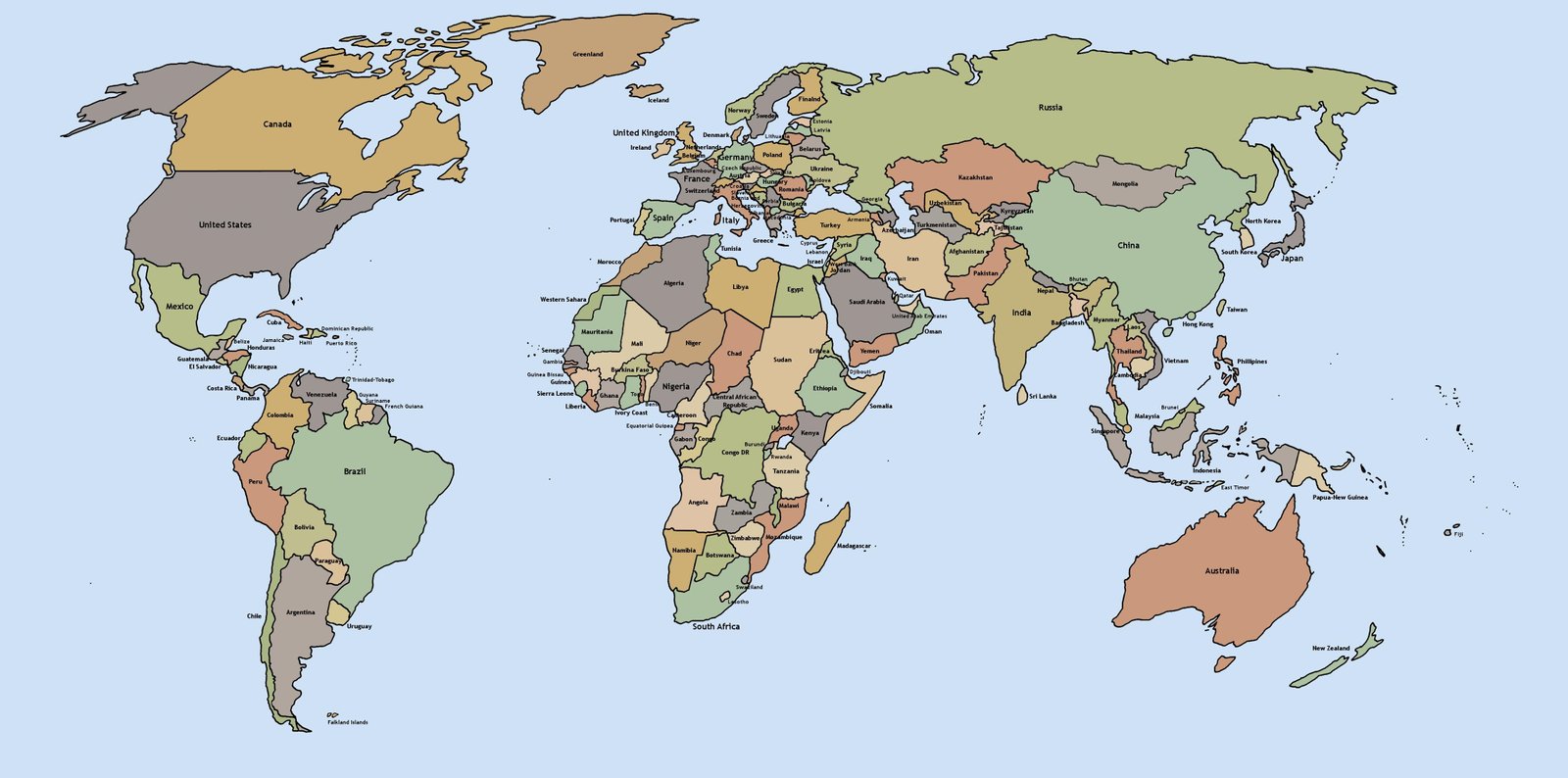
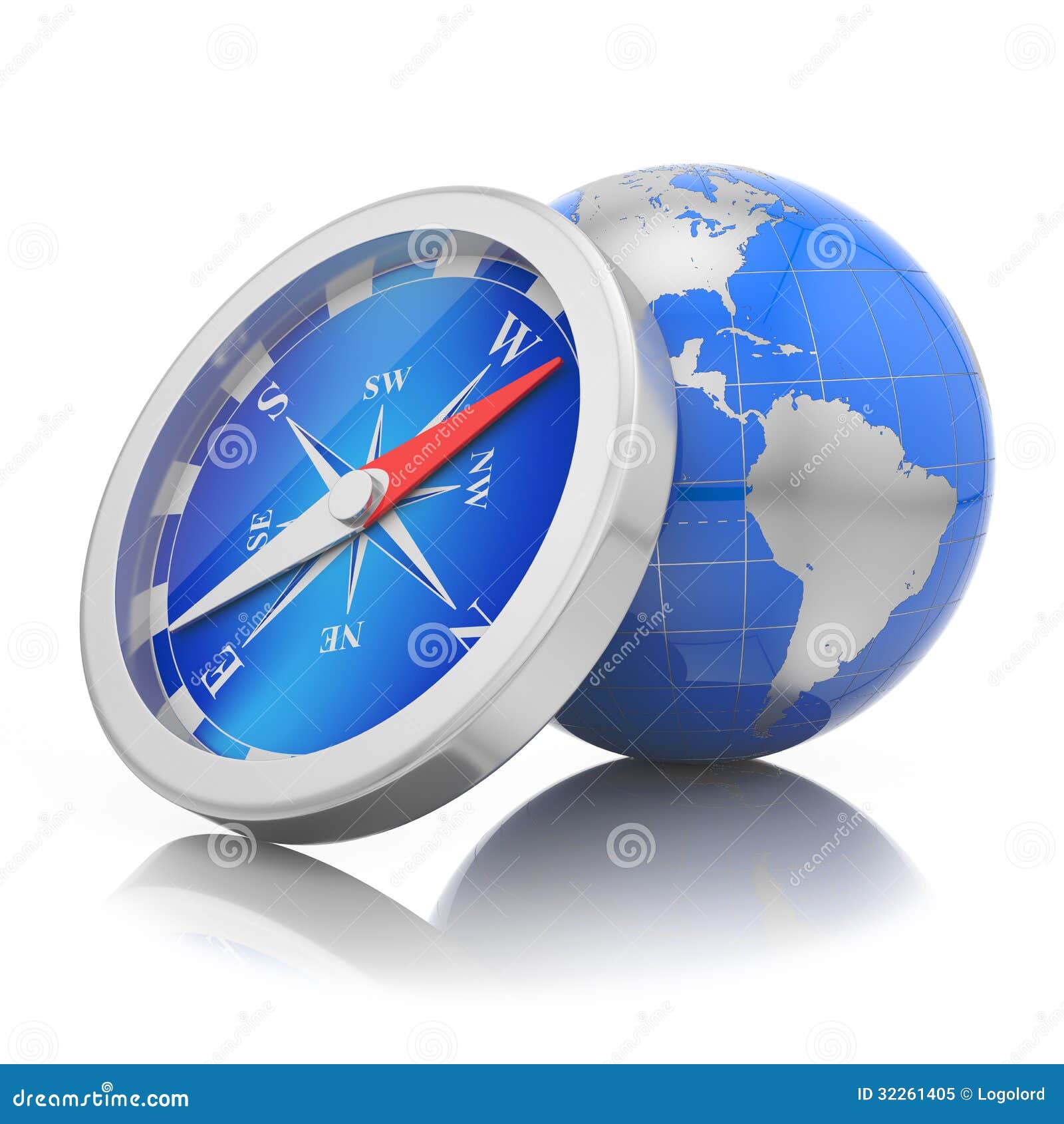

Closure
Thus, we hope this article has provided valuable insights into Navigating the World: A Comprehensive Guide to Map and GPS Locators. We hope you find this article informative and beneficial. See you in our next article!